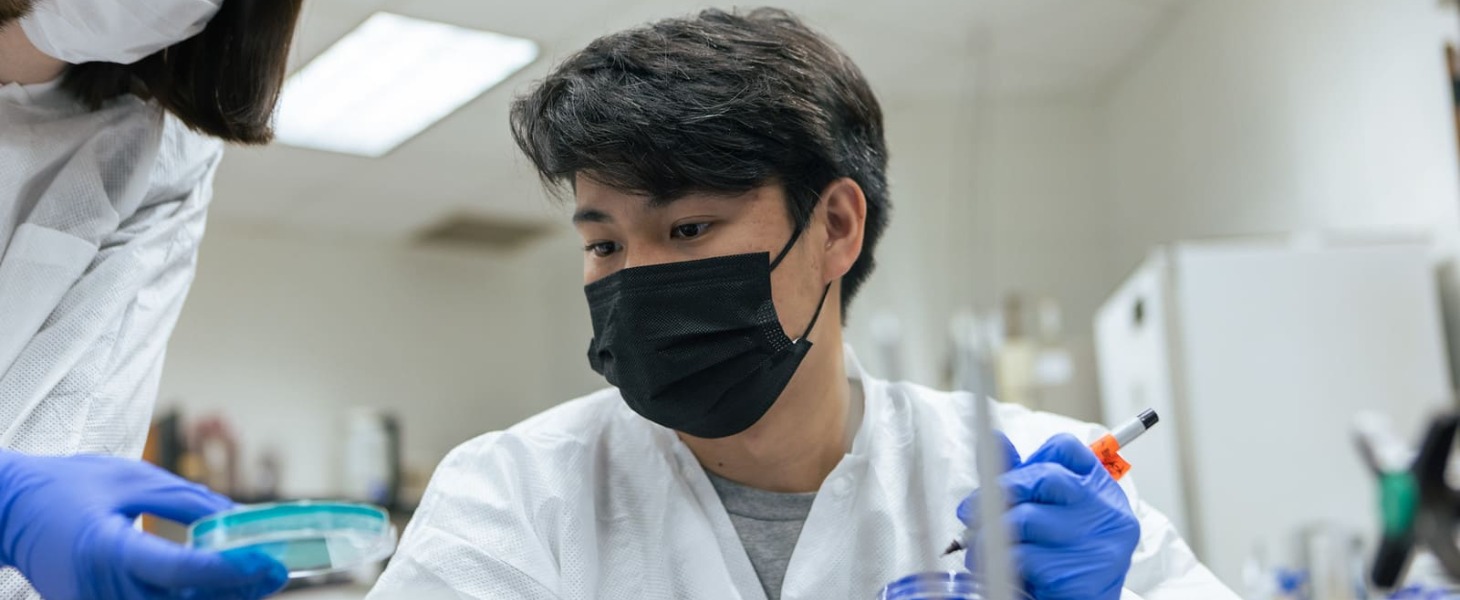Dr. Rachael Baker
Biography
Rachael’s research is in the area of mitochondrial rare diseases and what they can teach us about mitochondrial dynamics and regulation. Her interest in Rare Disease research has also led her to connect with and begin to advocate for the Rare Disease community. She is a co-founder of the Rare Disease Network, a collaborative organization that seeks to provide support and education to the Rare Disease community in Michigan. Rachael’s work in the highly interdisciplinary Rare Disease field has also led to her interest in how to prepare students to be effective scientists and collaborators. Rachael is passionate about how faith shapes our approach to doing science and can be a resource for improving the way we do science. In collaboration with other faculty at Calvin, she is developing a training curriculum and associated faculty workshop for using Christian practices to improve outcomes in collaborative science projects.
Education
- B.S., Calvin University (College), 2008
- Ph.D., Biochemistry and Biophysics, University of North Carolina at Chapel Hill, 2013
Professional Experience
- Assistant Professor of Chemistry, Calvin University, 2014-present
- Postdoctoral Fellow, UNC Chapel Hill, 2013-2014
Academic Interests
- Rare Diseases
- Mitochondrial Structure and Function
- Virtues in the Sciences
- Vocation
Websites
Awards
- Community-Based Teaching Award, Calvin University - 2021
- National Center for Advancing Translational Sciences (National Institutes of Health), NCATS Rare Diseases Are Not Rare! Challenge- Honorable Mention - 2020
- The Mitochondrial Medicine Society, Kelsey Wright Award for Excellence in Mitochondrial Medicine - 2018








